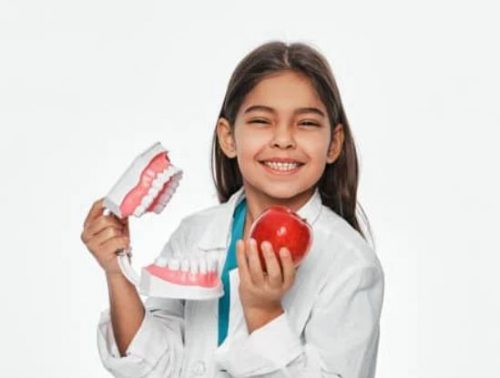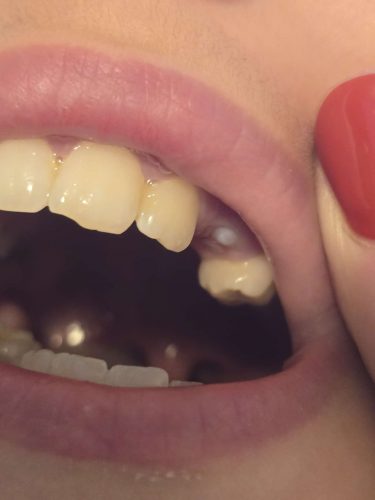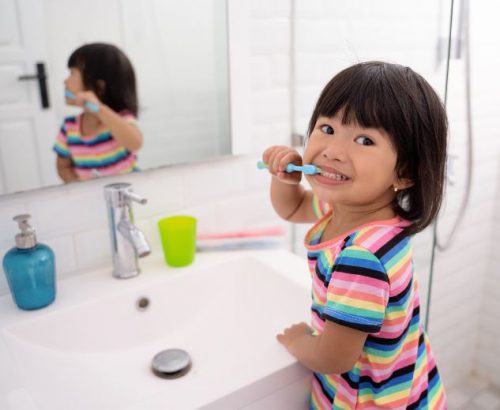A Comprehensive Guide to Your Child’s Dentition: Caring for Those Precious Pearly Whites

As parents, ensuring the health and well-being of our children is a top priority. One crucial yet sometimes overlooked aspect of their overall health is dental care. A child’s dentition, or the development of their teeth, plays a vital role in their nutrition, speech, and self-esteem. In this blog, we’ll explore the stages of dental development in children, common dental issues, and practical tips for maintaining their oral health.

Dentition refers to the development and arrangement of teeth in the mouth. In children, the dentition process involves both primary (baby) teeth and permanent (adult) teeth.
Primary teeth typically begin to erupt between 6 months and 1 year of age. By age 3, most children have a complete set of 20 primary teeth. These teeth are essential for chewing, guiding permanent teeth into place, and developing speech.
From about age 6 to 12, children enter a mixed dentition phase where both primary and permanent teeth coexist.
The first permanent molars usually emerge around age 6, followed by incisors and canines.
As permanent teeth come in, primary teeth gradually become loose and fall out, making way for adult teeth.

By age 12 to 14, most children will have lost all of their primary teeth and will have 28 of the 32 permanent teeth, with the final wisdom teeth typically emerging in late adolescence or early adulthood. Maintaining these permanent teeth is crucial, as they will serve your child for the rest of their lives.
Common Dental Issues in Children:
Tooth Decay: One of the most prevalent issues, cavities can arise due to poor oral hygiene and excessive sugar intake.
Early Childhood Caries: A severe form of tooth decay that affects infants and young children, often resulting from prolonged exposure to sugary liquids.
Misalignment of teeth and jaws: (malocclusion) can create the need for orthodontic treatment later.
Teeth Sensitivity: Some children may experience sensitivity to hot, cold, or sweet foods, often due to enamel erosion or cavities.
Tips for Maintaining Your Child’s Oral Health
- Establish a Dental Care Routine:
- Start brushing your child’s teeth as soon as the first tooth emerges, using a soft-bristled toothbrush. For those that are fluroride free – it is very important to use an alternative toothpaste, such as BiominC, Tooth Mousse or Dimples toothpaste. Some of these contain re-mineralising hydroxyapatite.
- Encourage brushing twice a day and flossing once your child has two teeth that touch.
- Schedule a dental check-up by age 1 or within six months of the first tooth erupting. Regular dental visits are essential for the early detection of issues and maintaining overall dental health.
- Provide a balanced diet rich in fruits, vegetables, whole grains, and dairy. Limit sugary snacks and beverages that can contribute to cavities.
- Teach your child the importance of good oral hygiene habits such as cleaning teeth after meals and not using teeth as tools (e.g., opening packages).
- Consider dental sealants for molars as a preventive measure against cavities, and mouthguards for children who participate in sports.
Your child’s dentition is a critical part of their overall health and development. By understanding the stages of their dental development and implementing good oral hygiene practices, you can help ensure that their teeth remain healthy and strong. Regular dental visits, a balanced diet, and good habits will not only promote a beautiful smile but also boost your child’s confidence and well-being during their formative years.
Encourage open discussions about dental health, and make oral care a fun and engaging part of your child’s daily routine! Remember, those precious pearly whites deserve the best care!


